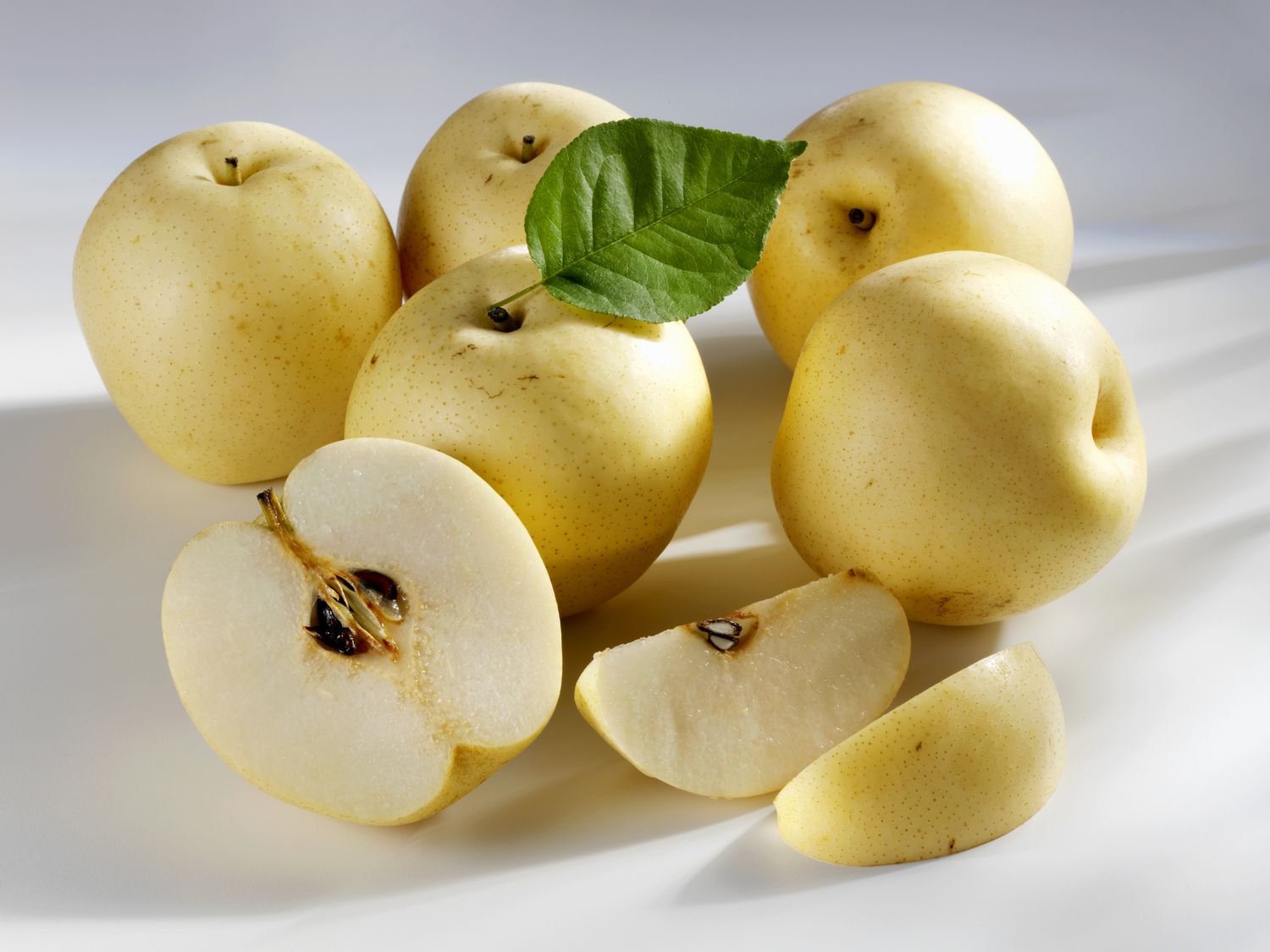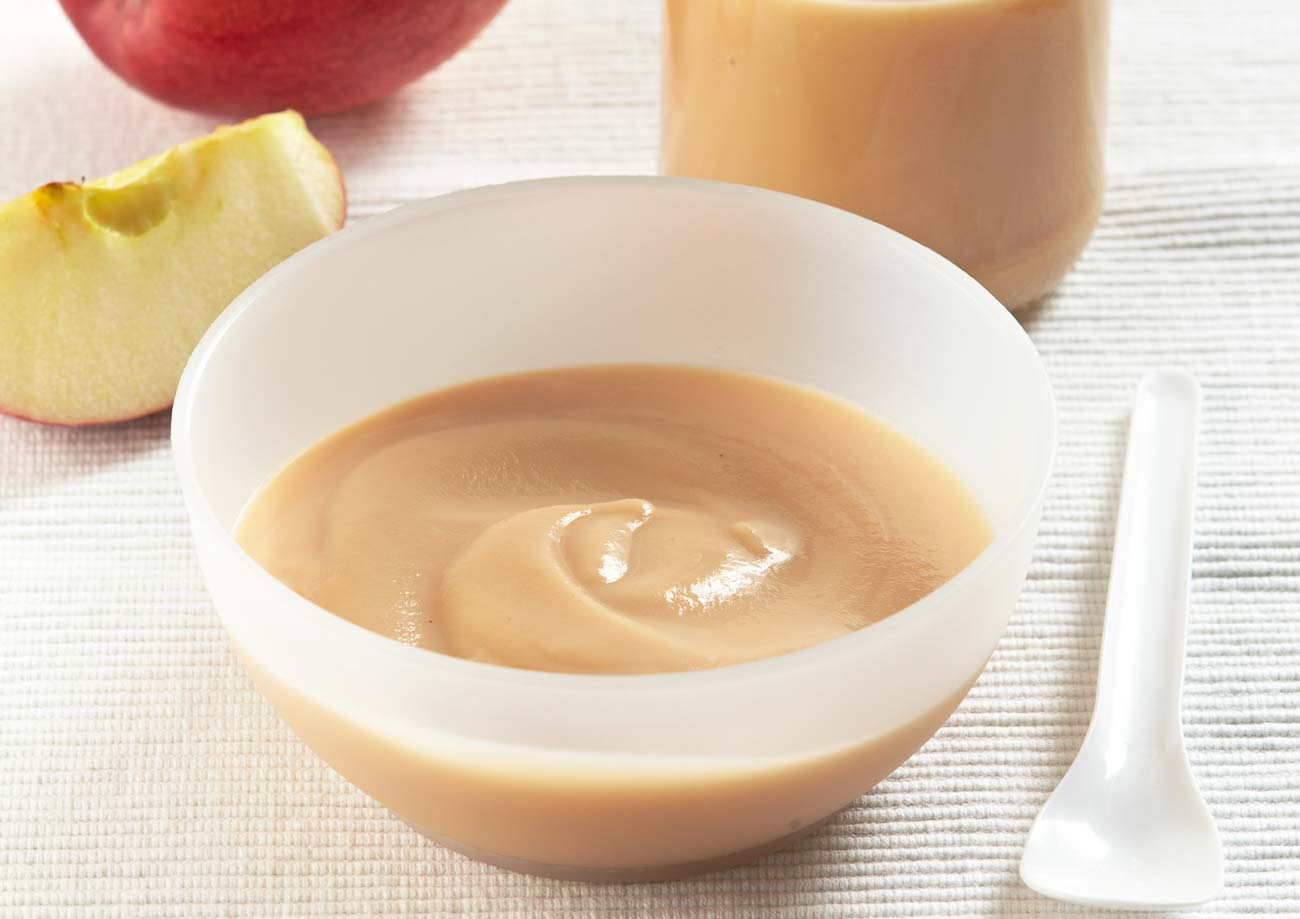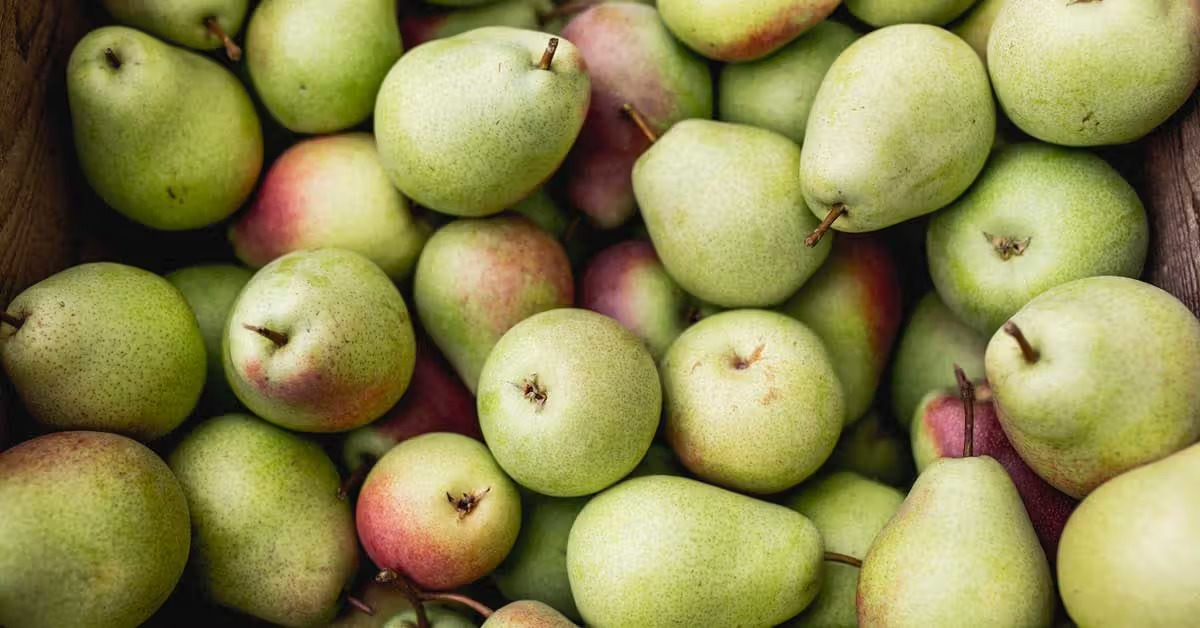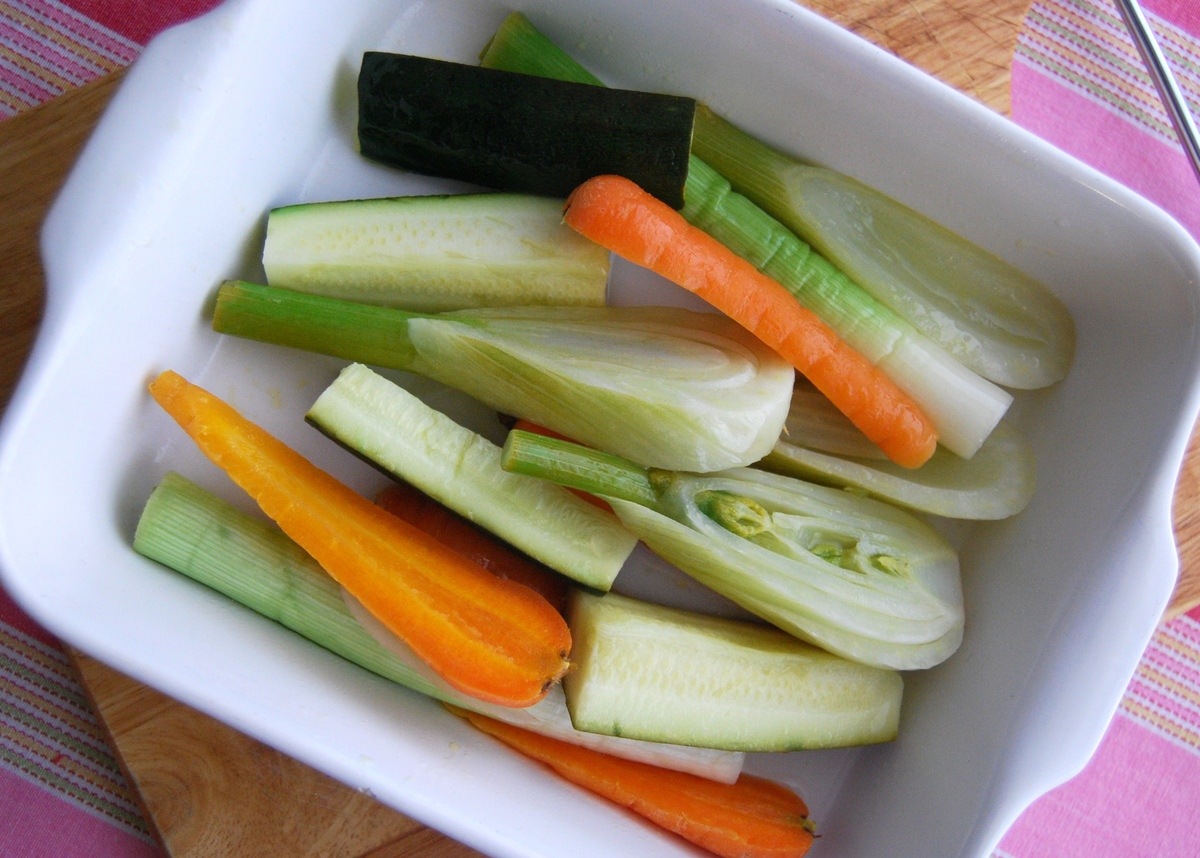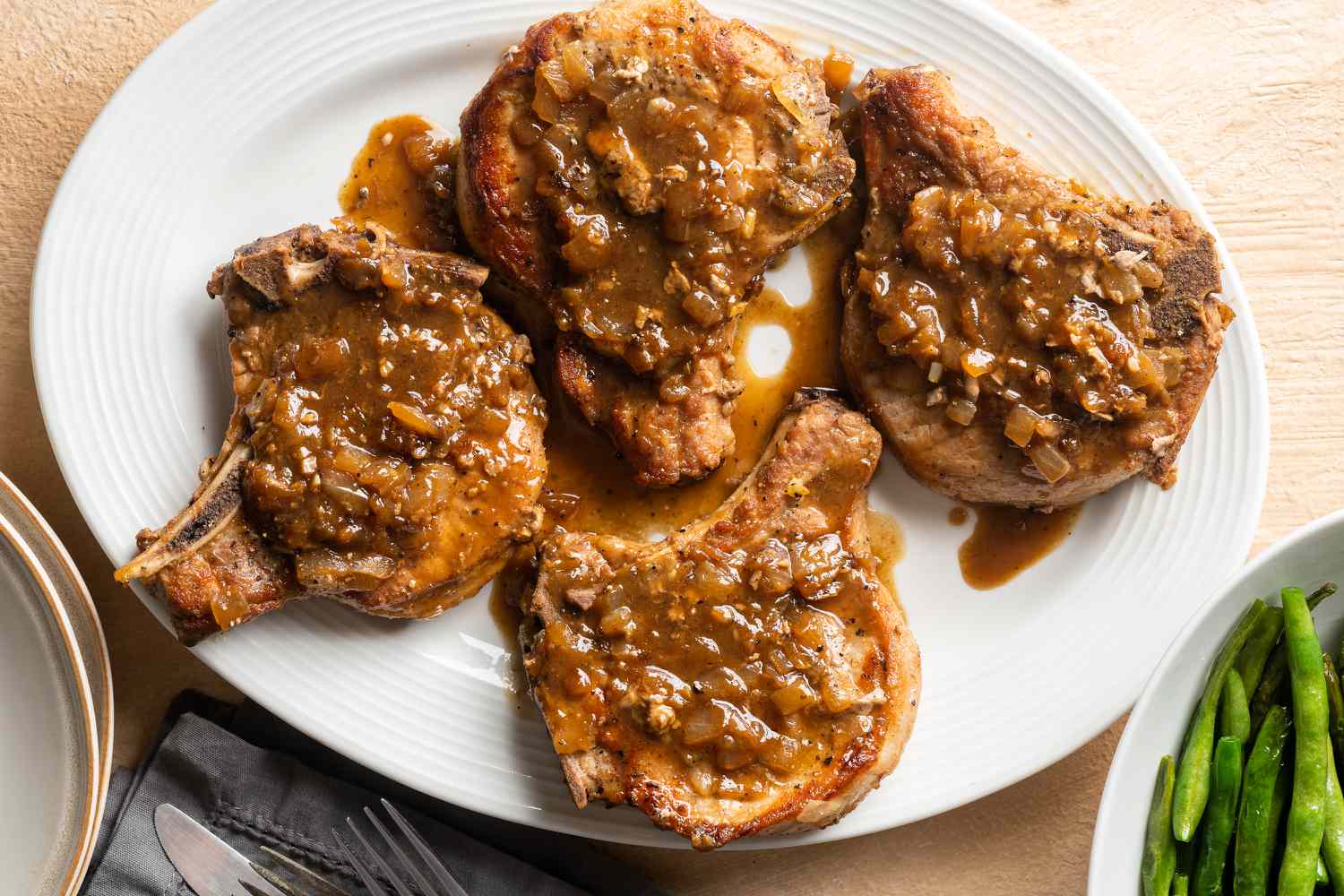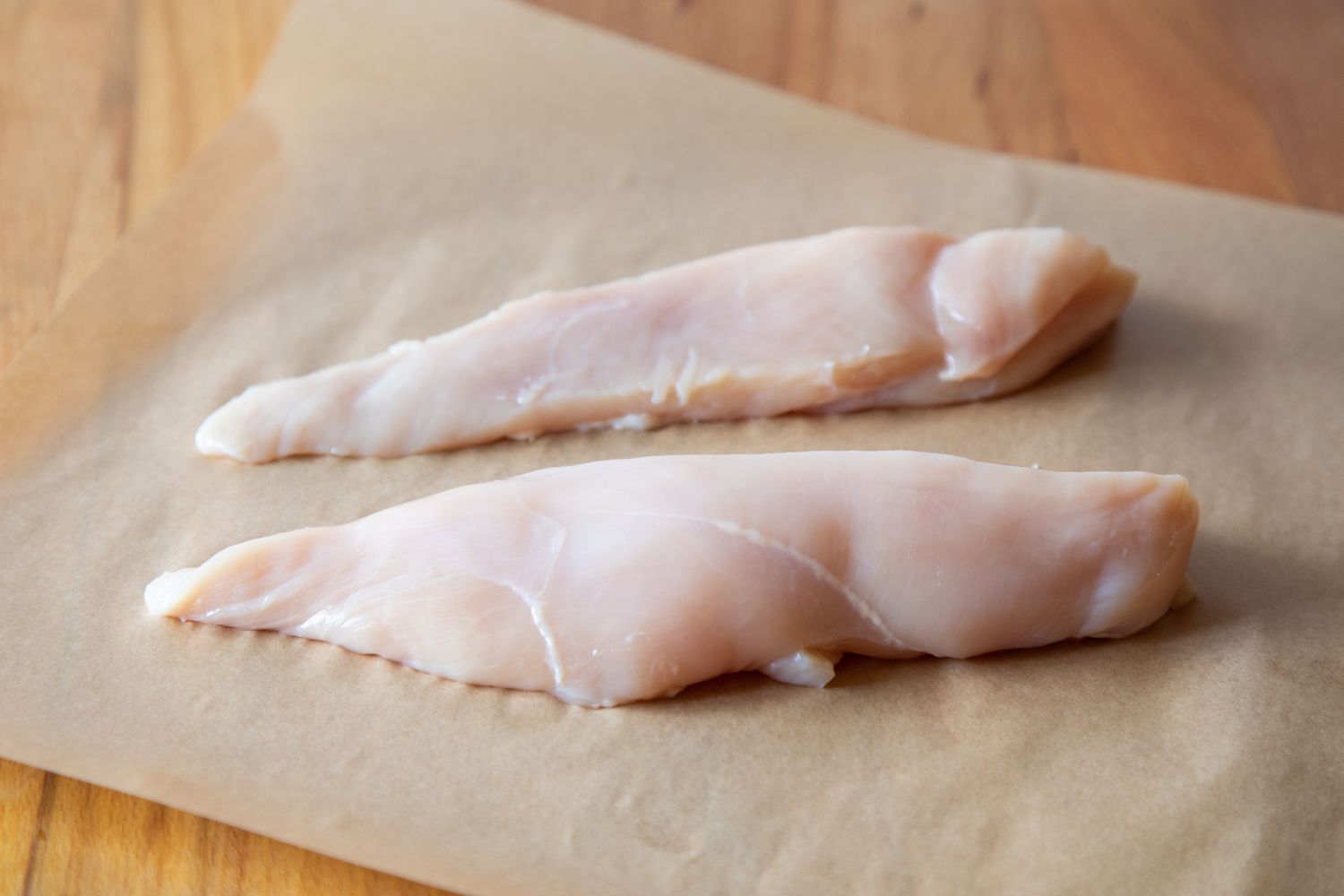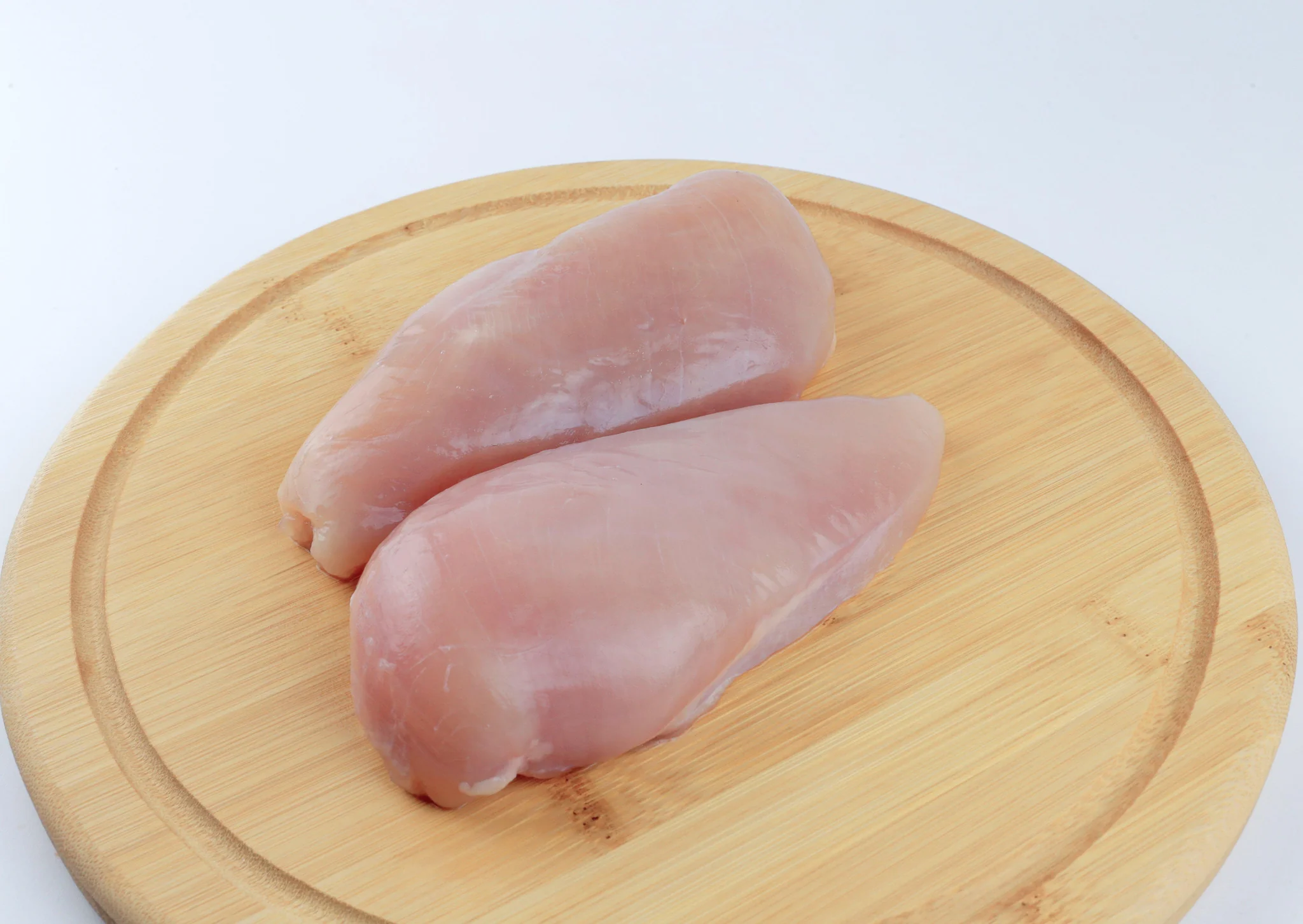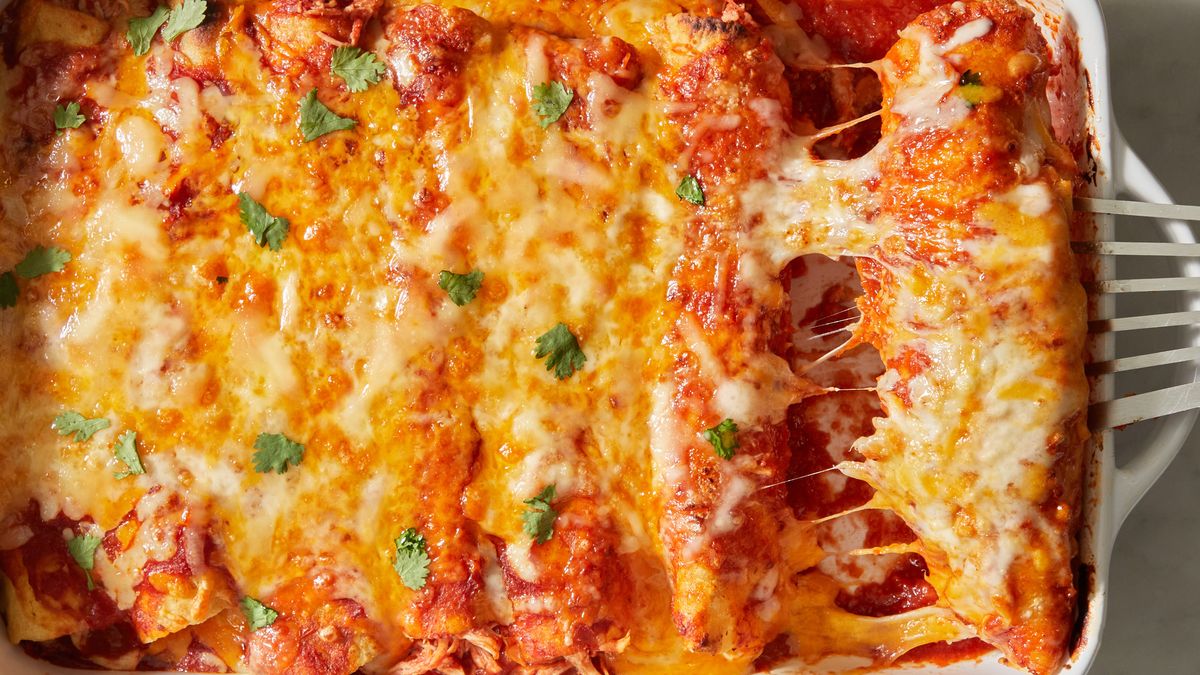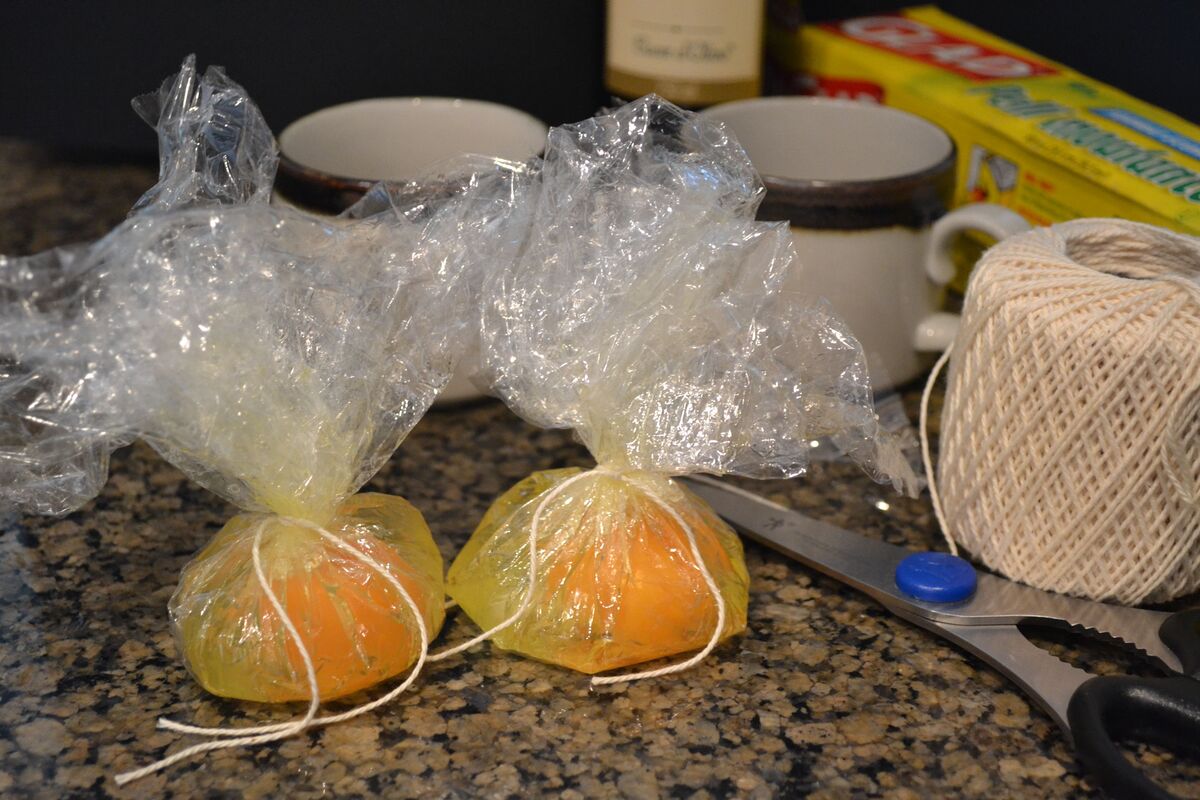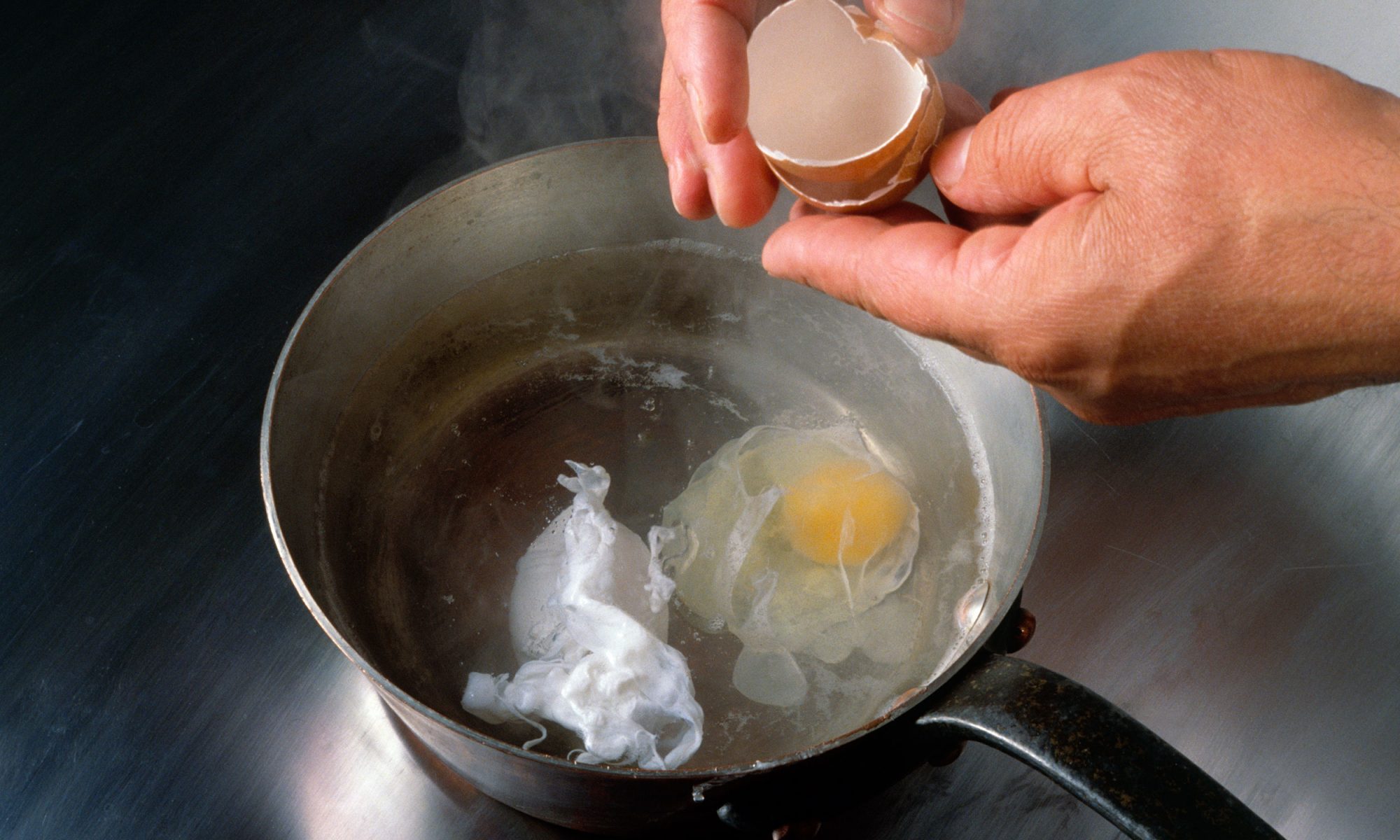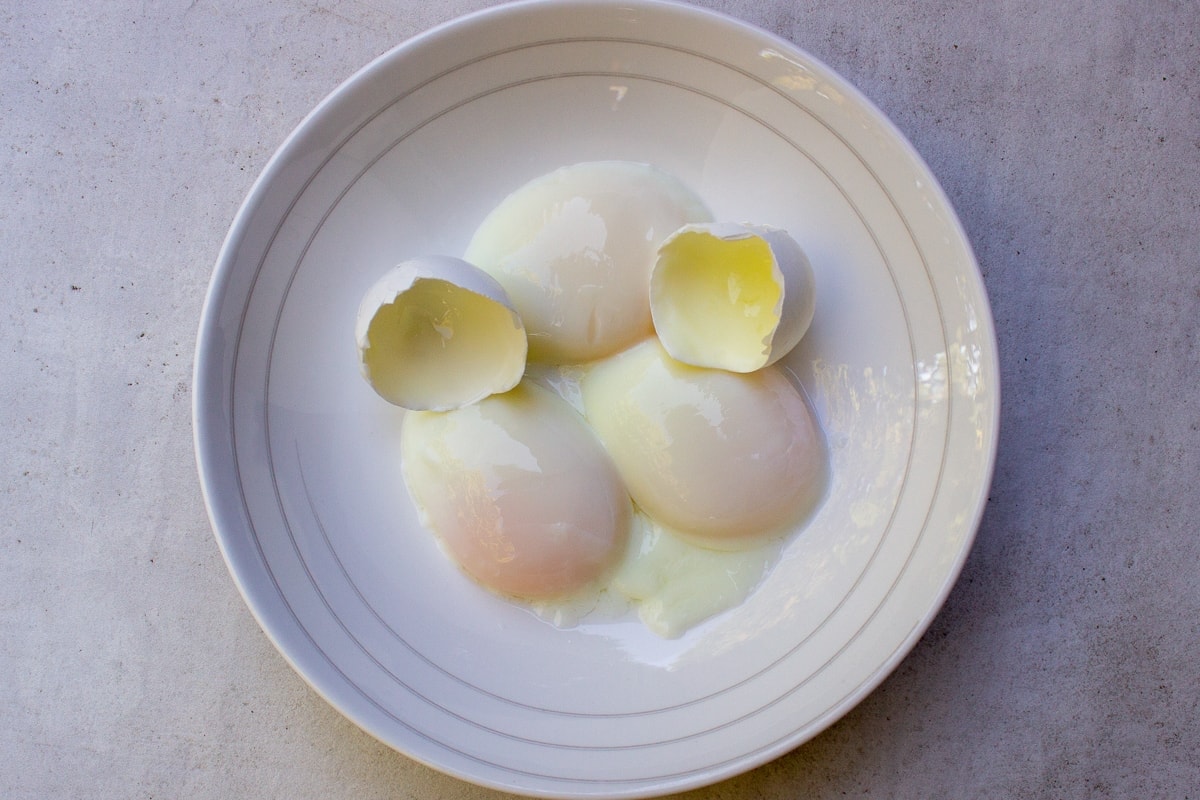How to Poach a Pear for Your Baby
Introducing your little one to new flavors and textures is an exciting part of their culinary journey. Poached pears are a wonderful option for babies who are ready to explore new tastes. Not only are they delicious, but they are also packed with essential nutrients and gentle on delicate tummies. Here’s a simple guide on how to poach a pear for your baby:
Ingredients:
Before you begin, gather the following ingredients:
- 2 ripe pears
- Water
- Cinnamon stick (optional)
Instructions:
Follow these easy steps to poach a pear for your baby:
- Prepare the Pears: Start by peeling the pears and cutting them in half. Remove the seeds and core, ensuring that there are no small pieces that could pose a choking hazard to your baby.
- Poaching: Place the prepared pears in a saucepan and cover them with water. If desired, add a cinnamon stick for a hint of flavor. Bring the water to a gentle simmer.
- Cooking Time: Allow the pears to simmer for about 10-15 minutes or until they are tender. Test the tenderness by piercing them with a fork. They should be soft but not mushy.
- Cooling: Once the pears are poached to perfection, remove them from the heat and let them cool. This will ensure that they are at a safe temperature for your baby to enjoy.
- Serve: Once the pears have cooled, you can serve them to your baby. For younger babies, consider mashing or pureeing the poached pears for a smoother texture.
Tips and Considerations:
When poaching pears for your baby, keep the following tips in mind:
- Choose ripe pears that are fragrant and yield slightly to gentle pressure. Ripe pears are naturally sweet and flavorful, making them an ideal choice for your baby’s first fruit experience.
- Consider adding breast milk or formula to the poached pears for added creaminess and familiar flavor.
- Always supervise your baby during feeding to ensure their safety and enjoyment of new foods.
- Store any leftover poached pears in an airtight container in the refrigerator for up to 3 days. They can also be frozen for future use.
Introducing poached pears to your baby’s diet is a delightful way to expand their palate and provide essential nutrients. By following these simple steps, you can create a delicious and nutritious treat that your little one is sure to love!
Remember, every baby is different, so be mindful of any signs of allergies or sensitivities when introducing new foods. If you have any concerns about your baby’s diet, consult with your pediatrician for personalized guidance.
Happy poaching!
